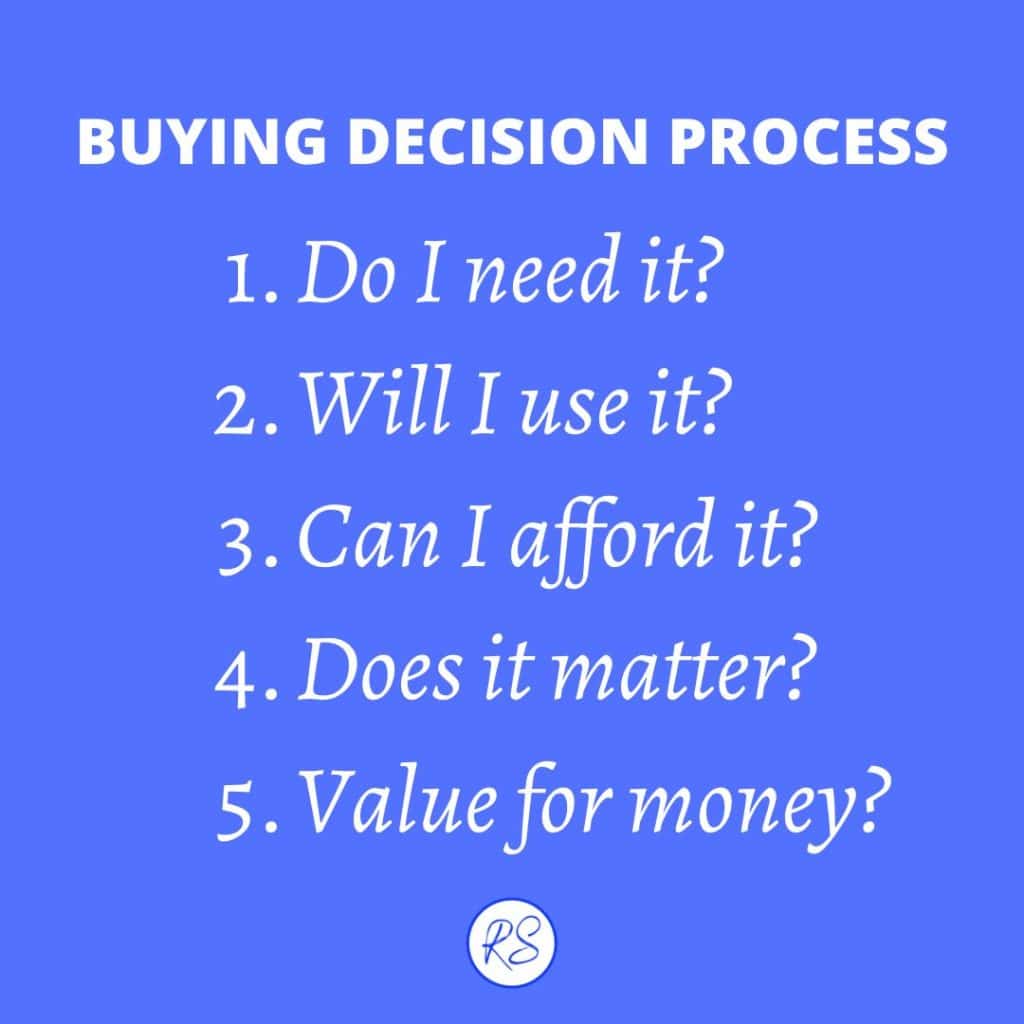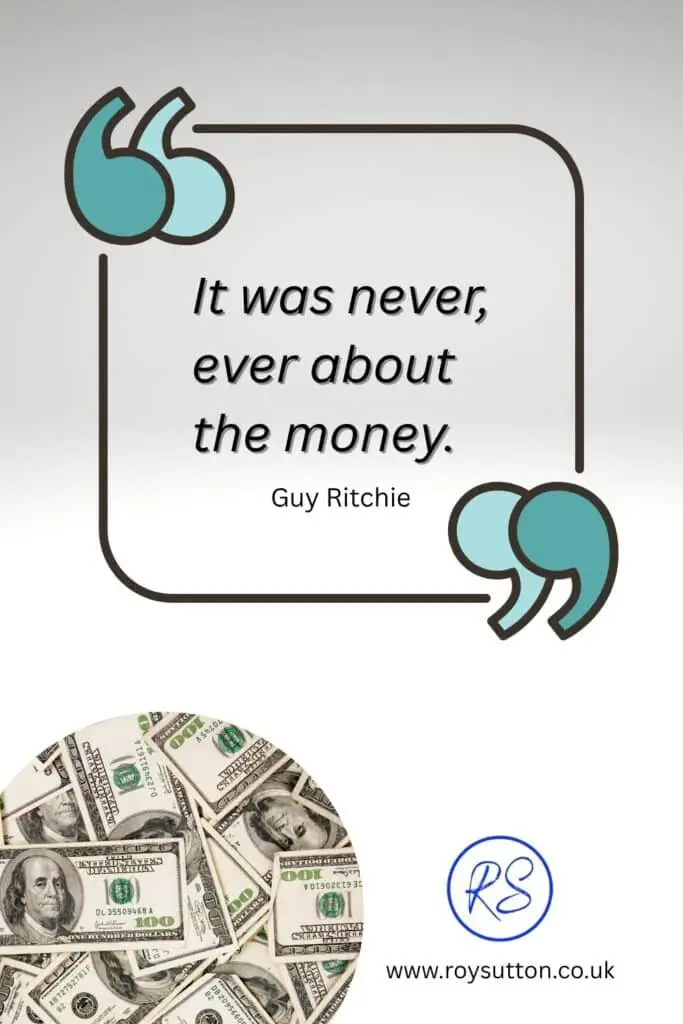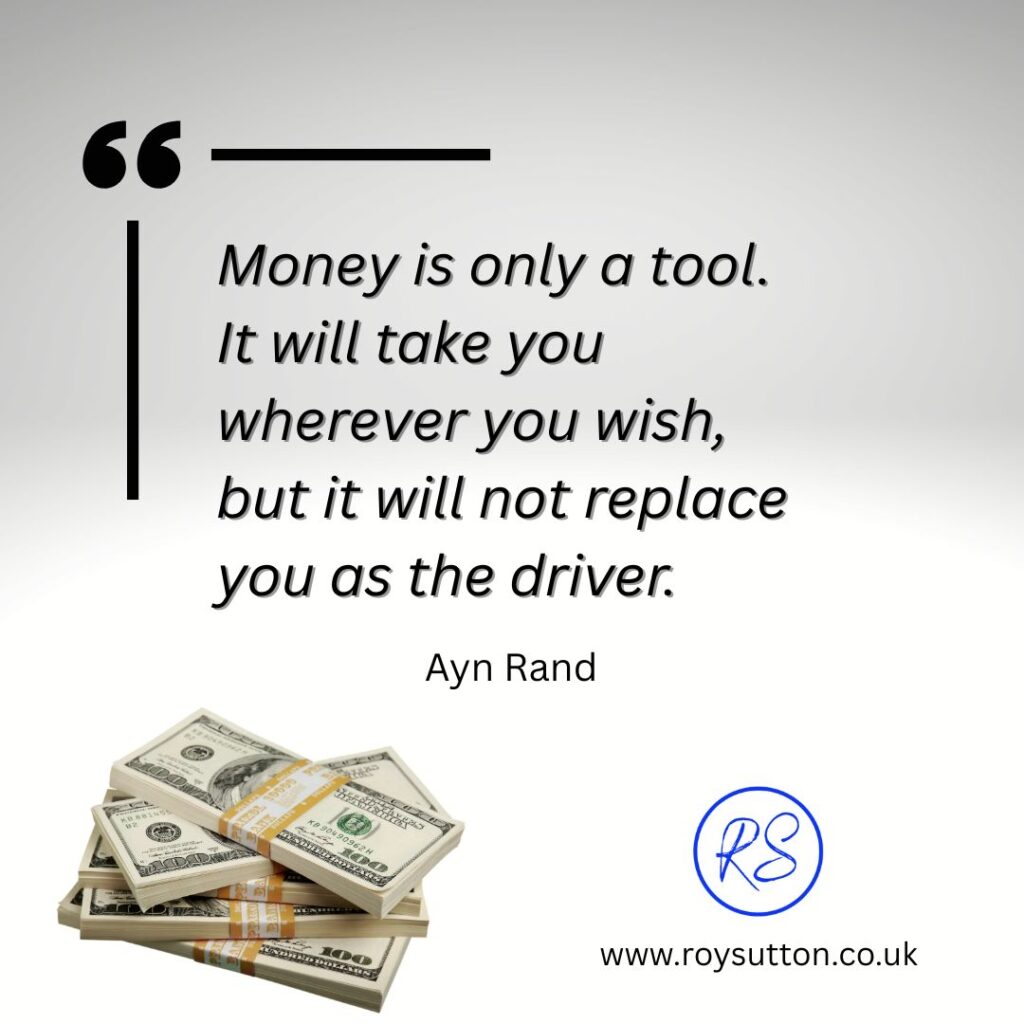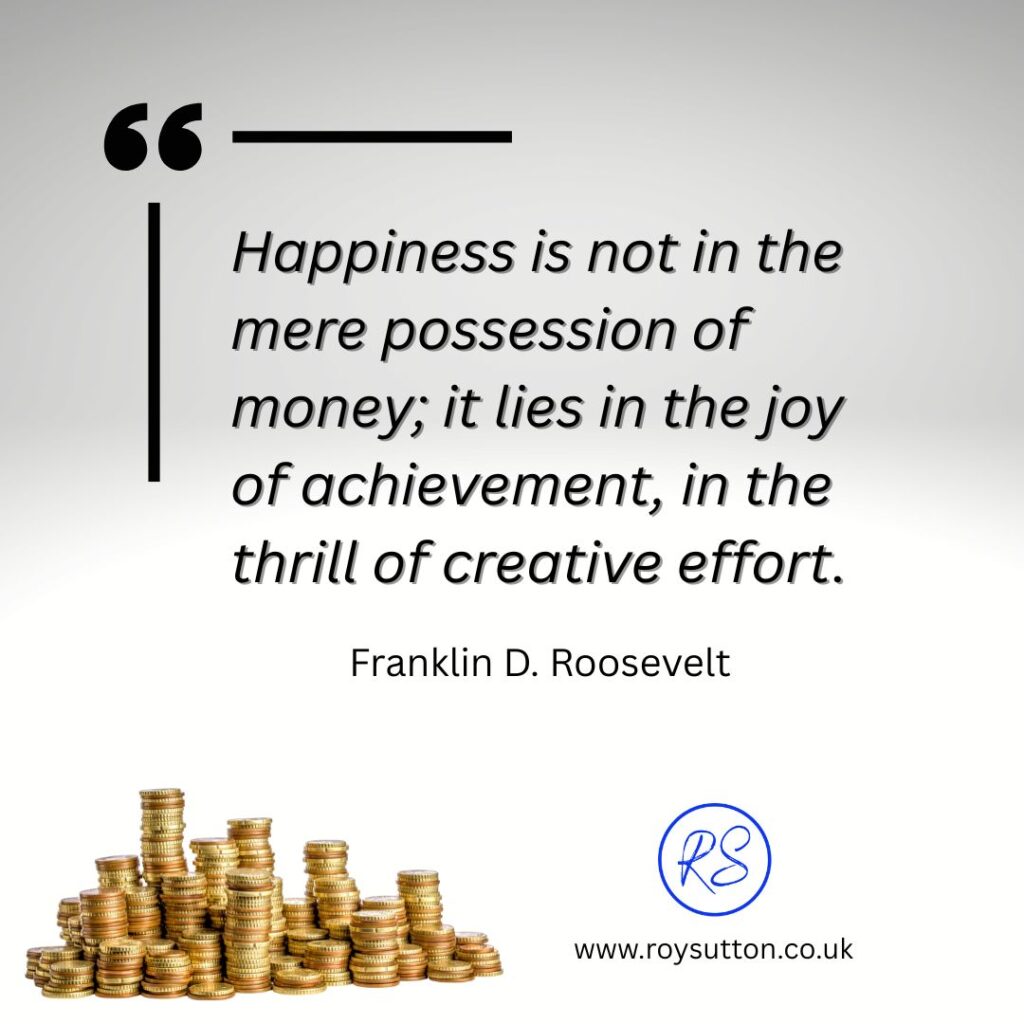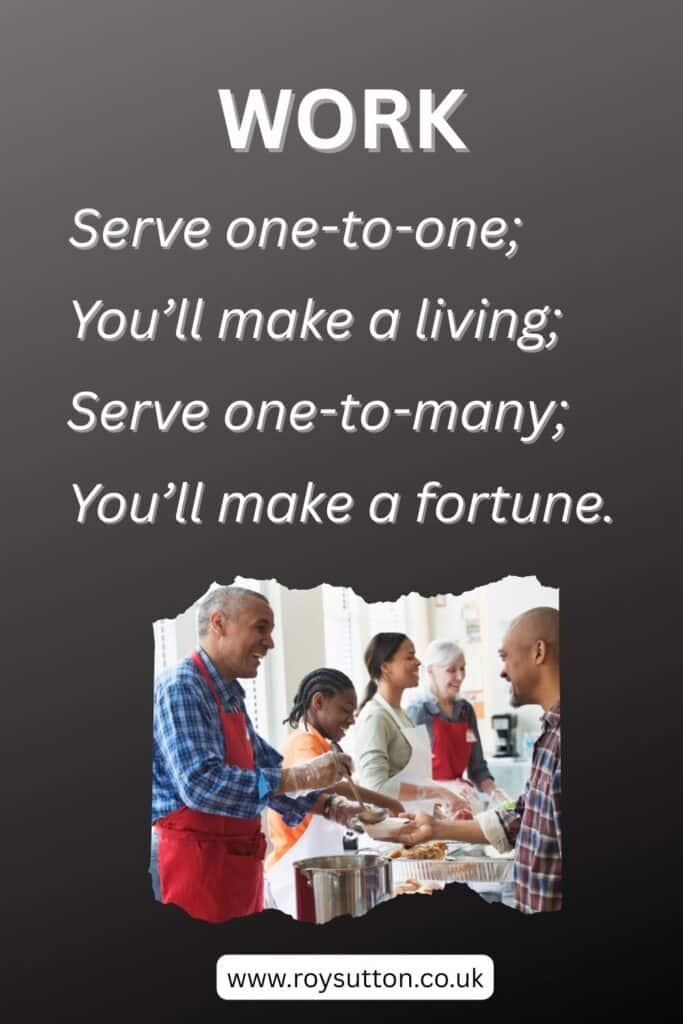The monotonous cubicle, the soul-crushing commute, the constant ping of emails, and the endless, pointless meetings. For many, these are the things that define the modern workday. However, what if you could break free from these shackles and trade your office chair for a hammock in Bali, a café table in Dubai, or a mountain vista in Colorado? Certainly, a laptop lifestyle is possible, and many have liberated themselves from geographical constraints and found the freedom to forge a work-life blend as unique as their passions. The question is, how to become a digital nomad?
How do you, a mere dreamer chained to the nine-to-five, make this digital nomad dream a reality? Well, here is a roadmap.
Summary:
This guide offers you a 10-step plan to get you from where you are to where you’d like to be.
These steps are summarised as follows:
- Charting Your Course: Finding Your Digital Compass
- Gearing Up for the Journey: Essential Tools and Skills
- Choosing Your Path: Remote Retainer, Freelance Freedom, or Entrepreneurial Leap?
- Building Your Digital Haven: Crafting Your Online Presence
- Launching Your Voyage: Taking the First Tentative Steps
- Embracing the Nomad Life: Challenges and Triumphs on the Open Road
- Finding Your Rhythm: Work-Life Harmony in the Digital Age
- Adapting and Evolving: A Journey, not a Destination
- Giving Back and Connecting: Leaving Footprints, Not Just Carbon
- The Ever-Unfolding Chapter: The Digital Nomad Odyssey Never Ends
Following the 10-step plan, there is a list of suggested essential tools you’ll need to work effectively. Yes, every trade needs a set of tools, and being a digital nomad is no different.

How to become a digital nomad:
Step 1: Charting Your Course: Finding Your Digital Compass
Before you begin, you must recognize that, as a digital nomad, you will be self-employed and you will be creating a business. And any business must offer its customers a value proposition.
You can only generate an income if you have something to offer that adds value to other people in some way.
Perhaps you can write in an engaging and entertaining style. Maybe you can offer people solutions to their problems. Alternatively, you may be born to sell. Such skills are pure gold for the digital nomad.
To get going on your journey, you will need to consider what you have to offer and how it might be used to generate income via a laptop and the internet.
So, a period of reflection is key here.
What does it mean to you to be a digital nomad? In escaping the corporate treadmill, what is it you want to do, and how much income will you need to do it?
Essentially, you will need to define your vision with clarity, for it will guide every subsequent choice you make.
Create an inventory of your skills and passions. Are you a coding alchemist, a content-weaving wordsmith, a social media maestro, or a virtual assistant extraordinaire? What is it that you can do better than most people?
The time taken to identify your strengths, your skills, and what you want to achieve is crucial. These things will form the bedrock of your income-generating engine. Never underestimate your need for income. You won’t get far without it.
Step 2: Gearing Up for the Journey: Essential Tools and Skills
Every artisan needs a tool set, and the digital nomad is no different.
And every business will need assets from which to generate income.
As a digital nomad, your tools and assets will be things like a good-quality laptop, an internet connection, a VPN subscription, and reliable cloud storage.
You will need to master online communication tools like Zoom and Slack if you’re going to have a virtual office.
And don’t forget, you’ll need to hone your time management skills, for you’ll be your CEO and, potentially, you’ll be juggling deadlines and managing distractions in exotic locations.
Furthermore, given that you’ll be starting a business, you’ll need to learn basic bookkeeping and financial planning. Living on the road demands fiscal prudence.
The message here is that you will be starting a business, and business requires investment. You can keep investment to a minimum if your budget is limited, but you will need to spend some money on tools and assets that will allow you to work effectively and efficiently. A full list of essentials is included at the end of this article.
Step 3: Choosing Your Path: Remote Retainer, Freelance Freedom, or Entrepreneurial Leap?
There are three main routes to digital freedom.
- Embracing the remote work revolution: You can seek a location-independent position at a company that values talent over spreadsheets.
- Freelancing: Taking on specific tasks for companies or entrepreneurs as a freelancer offers the benefit of setting your rates and working on projects you find interesting. However, this does require some hustling and marketing prowess.
- Digital entrepreneur: This path would involve building your own online business, be it an e-commerce store, YouTube channel, consulting practice, creative brand, or building affiliate marketing websites.
Each path has its pros and cons; choosing wisely based on your risk tolerance, skillset, and income goals is important here.
Step 4: Building Your Digital Haven: Crafting Your Online Presence
Every successful business has a solid reputation and brand.
In the virtual marketplace, your brand is your currency. So, you will need an online and social media presence.
You will need to build a professional-looking website and create a social media portfolio to showcase your skills and experience.
You can’t be a solution to anyone’s problems if they don’t know you exist. Marketing is all about raising your profile and capturing people’s attention and buying intent.
So, you will need to cultivate a strong online presence through social media engagement and content creation.
But that’s not all. You will need to put yourself about a bit too. That means networking with fellow digital nomads and potential clients through online communities and forums.
Remember, your online persona is the first impression others may have of you, so you must make it memorable and authentic.
Step 5: Launching Your Voyage: Taking the First Tentative Steps
Remember this: everyone who ever mastered anything started as a complete beginner.
To become a successful digital entrepreneur, there is much you will need to learn. You won’t master it all in five minutes. There will be a learning curve and you must accept that it will take time.
However, don’t wait for a perfect alignment of the stars. The way to learn is to just get going, and you’ll absorb what you need to know as you go along.
It’s perfectly reasonable to start small. You don’t even need to give up your day job at the beginning of your journey.
Test the waters with freelance gigs or remote work opportunities while keeping your current job.
This will provide you with a financial safety net, and it will allow you to refine your skills and workflow and start generating some initial income from the business.
When you start gaining some traction in terms of income and confidence, then you can take the leap of faith.
Once your business is going smoothly, then you can quit your job, sell your belongings (or rent them out for passive income), and book that one-way ticket to your dream destination.
Step 6: Embracing the Nomad Life: Challenges and Triumphs on the Open Road
There’s no such thing as the perfect job. Every job comes with a certain amount of hassle and chores we wish we could avoid.
And the nomadic digital life can be a bit of a culture shock. It can also be lonely and frustrating when unreliable internet speeds test your patience.
However, finding reliable co-working spaces and building a local community can combat isolation.
And if you spend much of your time in a country other than the one in which you live permanently, then mastering basic, local language skills is a good way to foster deeper connections and enrich your experience.
Remember, resilience, flexibility, and not taking yourself too seriously are your essential travel companions.
Another thing to bear in mind is that you don’t have to do everything yourself.
You can delegate specific tasks to virtual assistants to free up your time to do those things that only you can do to maximise the value proposition for your business.
And virtual assistants can be based anywhere and paid per job they do for you.
Outsourcing certain tasks can be a great way to scale up your business. ProBlogger, Fiverr and Upwork are good places to find freelancers to do specific things for you, particularly content creation, writing and image design. However, if you’re looking for a good virtual assistant at a price you can afford, then you should try onlinejobs.ph.
Step 7: Finding Your Rhythm: Work-Life Harmony in the Digital Age
When you work alone, it’s easy to lose your focus. And, if you want your business to be successful, focus matters.
So, you must be very disciplined, and boundaries are crucial.
You must set clear working hours and stick to them religiously. Yes, you can be flexible with yourself occasionally, but generally, you must stick to the working hours you set.
Designate no-screen zones to give your eyes a break and avoid digital burnout.
If you’re working in exotic locations, explore your surroundings, immerse yourself in local cultures, and prioritize experiences over endless work cycles.
Remember, the laptop lifestyle is about freedom, not just from location but also from the tyranny of the clock. The world may be your office, but it’s also your playground. So, allocate a little me time so you can enjoy it.
Step 8: Adapting and Evolving: A Journey, not a Destination
Business is about solving people’s problems to make a profit. However, people’s problems are changing constantly, and you must change and adapt to keep yourself relevant.
There’s no work for gas lamp lighters anymore, nor is there any need for a slide rule manufacturer. Things change, and you must too.
Being a digital entrepreneur is a continuous learning curve.
So, be prepared to refine your skills, adjust your business model, and experiment with new income streams.
The real art is to create multiple income streams so that even if one suddenly dries up, you still have an income overall.
Remember, life is a constant stream of opportunities just waiting to be exploited by the enterprising and fleet-footed.
Technology evolves, trends shift, and unexpected opportunities arise. Embrace change, for it keeps your journey dynamic and your mind nimble.
The digital life is not a sprint to a finish line but a marathon of self-discovery and personal growth.
Be open to embracing new cultures, skills, and even career paths. Your laptop lifestyle can morph and evolve. Just because you start as a writer in Thailand doesn’t mean you cannot move on to become a yoga teacher in Costa Rica one day. It’s about fulfilling a need and going where there’s most demand for those who can fulfil the need.
You’re not a tree, so you can always go to where the best opportunities appear to be.
Remember, flexibility is your greatest asset, so use it to navigate your unique path.
Step 9: Giving Back and Connecting: Leaving Footprints, Not Just Carbon
Life is not just about what you get. Much more important is what you give. It is a fact that those who give generously are usually rewarded for their benevolence.
Being a digital entrepreneur isn’t just about personal liberation; it’s an opportunity to contribute to the communities you encounter.
For instance, volunteering your skills with local NGOs or social enterprises adds purpose and depth to your travels. It’s also a great way to build a network of useful business contacts.
There are plenty of ways to add value. Teaching English, or any language, assisting with environmental projects, or sharing your creative expertise can leave a lasting positive impact.
Remember, you’re not just a visitor; you’re a temporary citizen of the world, and responsible tourism is key.
Beyond volunteering, actively engage with local communities.
If you can learn and use a few words of the local language and some basic phrases, you’ll be amazed at how much people will appreciate you making the effort, even if you make a few mistakes along the way.
Embrace local customs and enjoy the unique cultural experiences your destinations offer.
And don’t forget to strike up conversations with people you meet. It will enhance the experience immensely.
Step 10: The Ever-Unfolding Chapter: The Digital Nomad Odyssey Never Ends
To become a digital entrepreneur is to set out on a journey that never ends.
The beauty of a laptop life lies in its inherent flexibility.
It’s not a one-size-fits-all proposition, but a canvas for crafting a life that truly resonates with your soul.
As you navigate this digital odyssey, remember, that there’s no fixed endpoint.
You may choose to settle down in your dream location, build a remote team, or continue your nomadic journey indefinitely.
The world is your oyster, and the laptop is your pearl. You can embrace the constant evolution, the unexpected detours, and the endless possibilities that lie ahead of you. It’s just like candy on a shelf, you can reach up and help yourself.
Bonus Tips:
- Embrace slow travel: Resist the urge to tick countries off a bucket list. Immerse yourself in one place for a longer period to truly connect with its culture and people.
- Invest in travel insurance: Be prepared for unexpected medical emergencies or travel disruptions.
- Stay healthy: Maintain a healthy routine of exercise, healthy eating, and adequate sleep. Your body is your travel companion, take care of it!
- Disconnect to reconnect: Schedule regular digital detox periods to recharge your mind and soul. Remember, there is a wonderful world outside your screen.
The Digital Nomad’s Essentials:
Here’s a basic set of essentials for budding digital nomads:
Tech essentials:
- Reliable laptop: Your workhorse – prioritize portability, performance, and battery life.
- Smartphone: Stay connected and explore with a good phone plan and local SIM cards.
- Power bank: Charge your devices on the go, especially in places with unreliable electricity.
- Universal adapter: Plug into different power outlets globally.
- Noise-cancelling headphones: Focus on work and block out noise in bustling environments.
- Cloud storage: Securely store your files and access them from anywhere.
- VPN: Security matters and it offers a route to streaming services that may not be available where you are.
Productivity tools:
- Project management software: Trello, Asana, or Todoist can help you stay organized and manage tasks.
- Time management apps: FocusKeeper or PomoDone can help you stay focused and productive.
- Communication tools: Zoom, Slack, and Skype are crucial for staying connected with clients and colleagues.
Travel essentials:
- Comfortable backpack: Carry your everyday essentials and laptop safely and comfortably.
- Packing cubes: Organize your luggage efficiently and keep things tidy.
- Travel insurance: Protect yourself from unexpected medical emergencies or travel disruptions.
- First-aid kit: Be prepared for minor injuries and ailments.
Optional, but helpful:
- Portable router: Create your own Wi-Fi hotspot if public networks are unreliable.
- Offline language apps: Learn basic phrases and communicate in new languages even without the internet.
- Travel accessories: Eye mask, earplugs, neck pillow, water bottle – for enhanced comfort on the road.
Remember: Customize this list based on your specific needs and travel style.
Some digital nomads might prefer tablets over laptops, while others might require specialized software for their work. Invest in quality gear that will last longer and avoid unnecessary frustration.
Bonus tip: Join online communities and forums for digital nomads! They’re a great source of information, support, and inspiration.
Conclusion:
The laptop lifestyle is a thrilling adventure there for the taking. So, step into the unknown, embrace the uncertainty, and write your unique chapter in the ever-evolving story of the digital nomad.
The world is yours to explore, one click at a time. However, remember this, it’s not about escaping the world, but about creating a life you truly love within it.
So, spread your wings, fire up your laptop, and chart your path to boundless freedom and endless possibilities.

Please share this post with your friends:
If you found this article interesting and useful then please share it on social media with your friends.
When you share, everyone wins.
So go on, please share it now.
I’ll be forever grateful and you’ll be helping a keen blogger reach a wider audience.
Thank you.

Roy Sutton is a writer, content creator, digital entrepreneur, and international traveller. Formerly, a CEO, corporate business executive, management consultant, and electronic systems engineer with a background in telecommunications and IT. His blog aims to both inspire readers to achieve their best lives and entertain them with the humour we all crave.
Other articles you might find interesting:
- 3 things you need to know about money
- Work and Money: Which is more important?
- Turn your yearly income into your monthly income
- 3 ways for getting rich
- How to become rich through your work
- 5 ways to kill your dreams
- 33 life lessons learned that are best learned early
- How the power of words can change lives
- 10 steps for making new year’s resolutions
- Public Speaking: The Power of the Pause
- Productivity Tips: How to Structure Your Day
- George Carlin’s Top 10 Rules For Success
- Top wealth creation strategies for financial success
- Why an investment in knowledge pays dividends
- 13 tips for improving your personal happiness
- Steve Jobs’ Top 10 Rules For Success to inspire you
- 25 inspirational stories of people going from rags to riches
- How to find the right job for you: Simply Explained
- How to spot a liar and be your own lie detector
- Self-promotion and why it matters if you want success
- 21 things you need to know in life to avoid its pitfalls
- 9 tips for getting the most from your work
© Mann Island Media Limited 2026. All rights reserved.


















